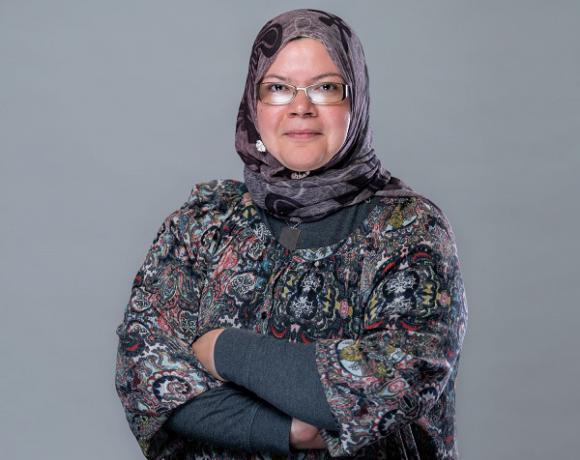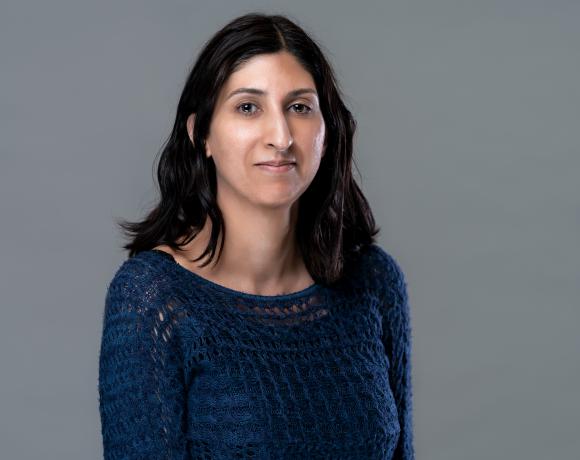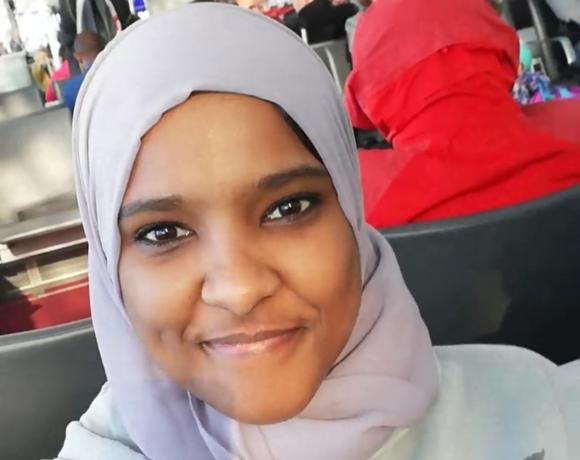The Journal of pathology, 2019
Lac, Vivian, Nazeran, Tayyebeh M, Tessier-Cloutier, Basile, Aguirre-Hernandez, Rosalia, Albert, Arianne, Lum, Amy, Khattra, Jaswinder, Praetorius, Teresa, Mason, Madeline, Chiu, Derek, Köbel, Martin, Yong, Paul J, Gilks, Blake C, Anglesio, Michael S, Huntsman, David G
Molecular cancer therapeutics, 2018
Wang, Yemin, Chen, Shary Yuting, Colborne, Shane, Lambert, Galen, Shin, Chae Young, Santos, Nancy Dos, Orlando, Krystal A, Lang, Jessica D, Hendricks, William P D, Bally, Marcel B, Karnezis, Anthony N, Hass, Ralf, Underhill, T Michael, Morin, Gregg B, Trent, Jeffrey M, Weissman, Bernard E, Huntsman, David G
The Journal of pathology, 2017
Cochrane, Dawn R, Tessier-Cloutier, Basile, Lawrence, Katherine M, Nazeran, Tayyebeh, Karnezis, Anthony N, Salamanca, Clara, Cheng, Angela S, McAlpine, Jessica N, Hoang, Lien N, Gilks, C Blake, Huntsman, David G
The Journal of pathology, 2017
Wang, Yemin, Chen, Shary Yuting, Karnezis, Anthony N, Colborne, Shane, Santos, Nancy Dos, Lang, Jessica D, Hendricks, William Pd, Orlando, Krystal A, Yap, Damian, Kommoss, Friedrich, Bally, Marcel B, Morin, Gregg B, Trent, Jeffrey M, Weissman, Bernard E, Huntsman, David G
Nature reviews. Cancer, 2017
Karnezis, Anthony N, Cho, Kathleen R, Gilks, C Blake, Pearce, Celeste Leigh, Huntsman, David G
Journal of the National Cancer Institute, 2016
McConechy, Melissa K, Färkkilä, Anniina, Horlings, Hugo M, Talhouk, Aline, Unkila-Kallio, Leila, van Meurs, Hannah S, Yang, Winnie, Rozenberg, Nirit, Andersson, Noora, Zaby, Katharina, Bryk, Saara, Bützow, Ralf, Halfwerk, Johannes B G, Hooijer, Gerrit K J, van de Vijver, Marc J, Buist, Marrije R, Kenter, Gemma G, Brucker, Sara Y, Krämer, Bernhard, Staebler, Annette, Bleeker, Maaike C G, Heikinheimo, Markku, Kommoss, Stefan, Blake Gilks, C, Anttonen, Mikko, Huntsman, David G
Nature genetics, 2014
Ramos, Pilar, Karnezis, Anthony N, Craig, David W, Sekulic, Aleksandar, Russell, Megan L, Hendricks, William P D, Corneveaux, Jason J, Barrett, Michael T, Shumansky, Karey, Yang, Yidong, Shah, Sohrab P, Prentice, Leah M, Marra, Marco A, Kiefer, Jeffrey, Zismann, Victoria L, McEachron, Troy A, Salhia, Bodour, Prat, Jaime, D'Angelo, Emanuela, Clarke, Blaise A, Pressey, Joseph G, Farley, John H, Anthony, Stephen P, Roden, Richard B S, Cunliffe, Heather E, Huntsman, David G, Trent, Jeffrey M
The New England journal of medicine, 2012
Heravi-Moussavi, Alireza, Anglesio, Michael S, Cheng, S-W Grace, Senz, Janine, Yang, Winnie, Prentice, Leah, Fejes, Anthony P, Chow, Christine, Tone, Alicia, Kalloger, Steve E, Hamel, Nancy, Roth, Andrew, Ha, Gavin, Wan, Adrian N C, Maines-Bandiera, Sarah, Salamanca, Clara, Pasini, Barbara, Clarke, Blaise A, Lee, Anna F, Lee, Cheng-Han, Zhao, Chengquan, Young, Robert H, Aparicio, Samuel A, Sorensen, Poul H B, Woo, Michelle M M, Boyd, Niki, Jones, Steven J M, Hirst, Martin, Marra, Marco A, Gilks, Blake, Shah, Sohrab P, Foulkes, William D, Morin, Gregg B, Huntsman, David G
The New England journal of medicine, 2010
Wiegand, Kimberly C, Shah, Sohrab P, Al-Agha, Osama M, Zhao, Yongjun, Tse, Kane, Zeng, Thomas, Senz, Janine, McConechy, Melissa K, Anglesio, Michael S, Kalloger, Steve E, Yang, Winnie, Heravi-Moussavi, Alireza, Giuliany, Ryan, Chow, Christine, Fee, John, Zayed, Abdalnasser, Prentice, Leah, Melnyk, Nataliya, Turashvili, Gulisa, Delaney, Allen D, Madore, Jason, Yip, Stephen, McPherson, Andrew W, Ha, Gavin, Bell, Lynda, Fereday, Sian, Tam, Angela, Galletta, Laura, Tonin, Patricia N, Provencher, Diane, Miller, Dianne, Jones, Steven J M, Moore, Richard A, Morin, Gregg B, Oloumi, Arusha, Boyd, Niki, Aparicio, Samuel A, Shih, Ie-Ming, Mes-Masson, Anne-Marie, Bowtell, David D, Hirst, Martin, Gilks, Blake, Marra, Marco A, Huntsman, David G
The New England journal of medicine, 2009
Shah, Sohrab P, Köbel, Martin, Senz, Janine, Morin, Ryan D, Clarke, Blaise A, Wiegand, Kimberly C, Leung, Gillian, Zayed, Abdalnasser, Mehl, Erika, Kalloger, Steve E, Sun, Mark, Giuliany, Ryan, Yorida, Erika, Jones, Steven, Varhol, Richard, Swenerton, Kenneth D, Miller, Dianne, Clement, Philip B, Crane, Colleen, Madore, Jason, Provencher, Diane, Leung, Peter, DeFazio, Anna, Khattra, Jaswinder, Turashvili, Gulisa, Zhao, Yongjun, Zeng, Thomas, Glover, J N Mark, Vanderhyden, Barbara, Zhao, Chengquan, Parkinson, Christine A, Jimenez-Linan, Mercedes, Bowtell, David D L, Mes-Masson, Anne-Marie, Brenton, James D, Aparicio, Samuel A, Boyd, Niki, Hirst, Martin, Gilks, C Blake, Marra, Marco, Huntsman, David G
PLoS medicine, 2008
Köbel, Martin, Kalloger, Steve E, Boyd, Niki, McKinney, Steven, Mehl, Erika, Palmer, Chana, Leung, Samuel, Bowen, Nathan J, Ionescu, Diana N, Rajput, Ashish, Prentice, Leah M, Miller, Dianne, Santos, Jennifer, Swenerton, Kenneth, Gilks, C Blake, Huntsman, David
















